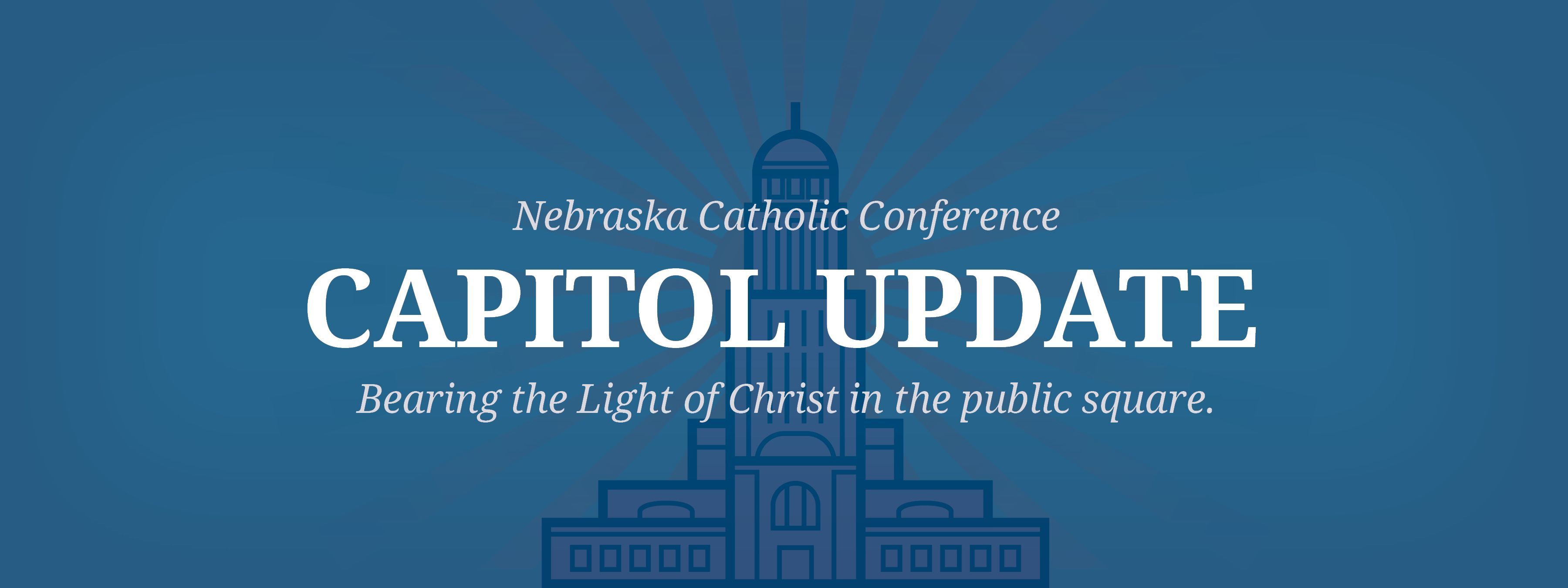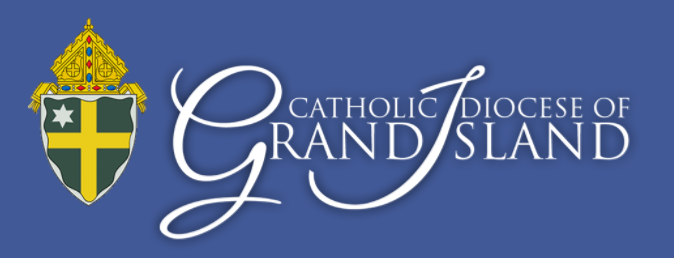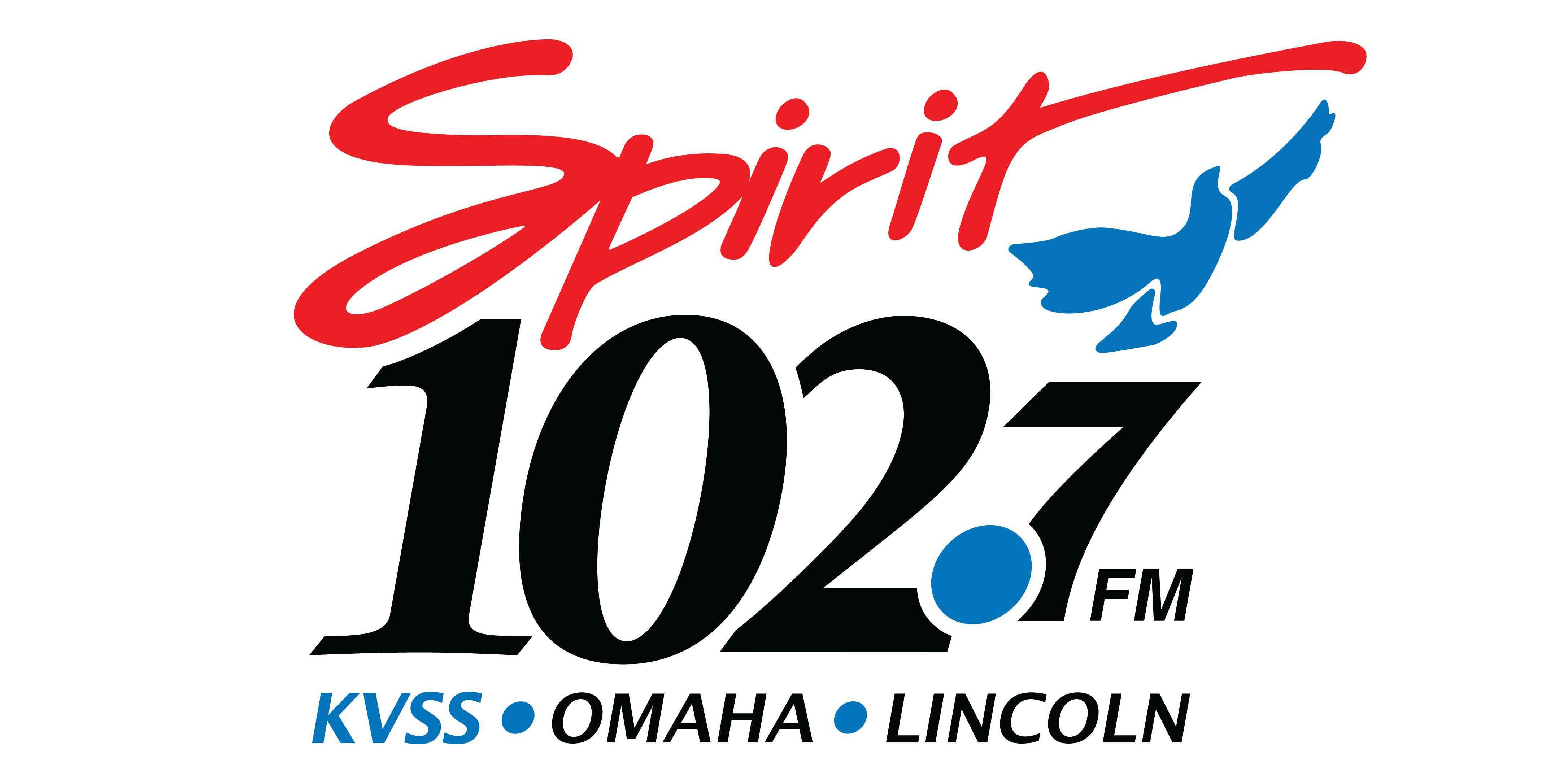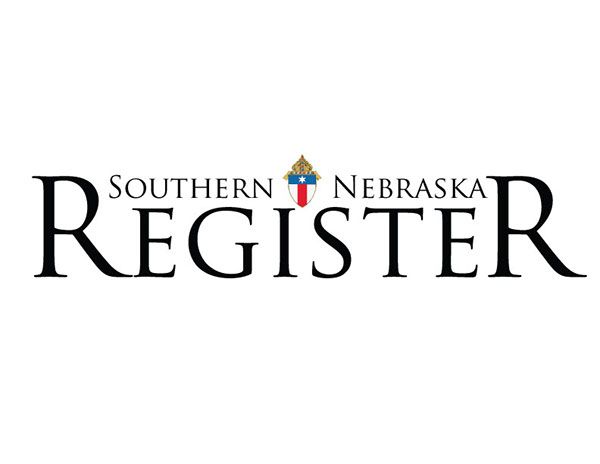Voting Reminder. Before we jump into this week’s column, just a friendly reminder: Nebraska Primary Election Day is May 12.
If you read this on or before May 1, you may still request a mail-in ballot by visiting the Nebraska Secretary of State’s Early Voting Website. After May 1, you can no longer register for early mail-in voting. Also, due to coronavirus, Governor Ricketts has issued an executive order suspending in-person early voting, except for those with disabilities and certain federal employees. For persons with disabilities, they can arrange an appointment with their on-site early voting county location.
For those who do not exercise the early voting option, you will have the opportunity to vote on Primary Election Day.
If you are still looking for information about the federal and state legislative candidates, visit the Nebraska Catholic Conference’s Voter Guide at www.NebraskaCatholicVoter.com. Please pass this along to family, friends, and parishioners.
Coronavirus Education Funding. As coronavirus has taken its toll on our local, state, national, and international communities, governments everywhere have taken any number of measures to help flatten the curve and protect the lives of people, especially the most vulnerable.
In the U.S., Congress and the President have now undertaken several relief actions. Among those actions that have been most notable are stimulus checks to individuals and families and the paycheck protection program. These funding mechanisms have provided relief to millions of Americans, businesses, and non-profit organizations feeling the financial burdens of coronavirus.
A less known form of relief that was contained in the third relief packages—the Coronavirus Aid, Relief, and Economic Security (CARES) Act—was education relief funding.
The CARES Act provided for the Education Stabilization Fund (ESF), which includes three forms of relief: 1) Governor’s Emergency Education Relief (GEER) Fund; 2) Elementary and Secondary School Emergency Relief (ESSER) Fund); and 3) Higher Education Emergency Relief (HEER) Fund. Combined, the ESF totals $30.750 billion in relief for education, ranging from early childhood education all the way through postsecondary college education.
Most notably, the two funds most relevant to Catholic schools are the GEER Fund and the ESSER Fund. (A word of wisdom to those who are faint of heart when it comes to acronyms, don’t go into federal policy—I think it’s half made up of acronyms!)
The GEER Fund is composed of $3 billion awarded to states based on a combination of total number of students in poverty and total number of students overall. Based on these calculations, Governor Ricketts is eligible to apply for $16 million in GEER Funds from the federal government.
The Governor may use these funds for three different purposes: 1) to support local education agencies (in other words, local public schools) that have been most significantly impacted by coronavirus; 2) to support institutions of higher learning (i.e., colleges) that have been most significantly impacted by coronavirus; and 3) to support any other local education agency, institution of higher education, or other education-related entity within the state that the Governor "deems essential to carry out emergency education services to students, provide childcare and early childhood education, provide social and emotional support, or protect education-related jobs."
Secretary of Education Betsy DeVos has noted that the GEER Funds are a very discretionary set of funds of our nation’s governors in order to find creative solutions for addressing the impact of coronavirus on students and teachers.
The ESSER Fund is composed of $13 billion awarded to states based on their total number of students in poverty. Based on this calculation, Nebraska is eligible to receive $65 million. These funds pass from the federal government to the state Department of Education and further to local public schools.
The funds may be used for 12 different purposes, such as response efforts to coronavirus, address the specific needs of homeless, low-income, minority, and other disadvantaged students, purchasing technology, addressing mental health services.
The funds that flow into both of these Funds (GEER and ESSER) are available to all students, including students who attend Catholic schools. Under the law, local public schools must consult with nonpublic schools to determine how best to use their funds—in an equitable manner—for children attending such nonpublic schools.
As things progress, it will be important for the Nebraska Catholic Conference, our diocesan Catholic schools offices, and our parish schools to be working with our Governor, the state Department of Education, and local public schools to ensure that the needs of all students are being met as these funds are distributed. Keep an eye on this issue in your local communities and I intend to write on the issue again as we patiently await more guidance from the federal government on the distribution of these funds.







